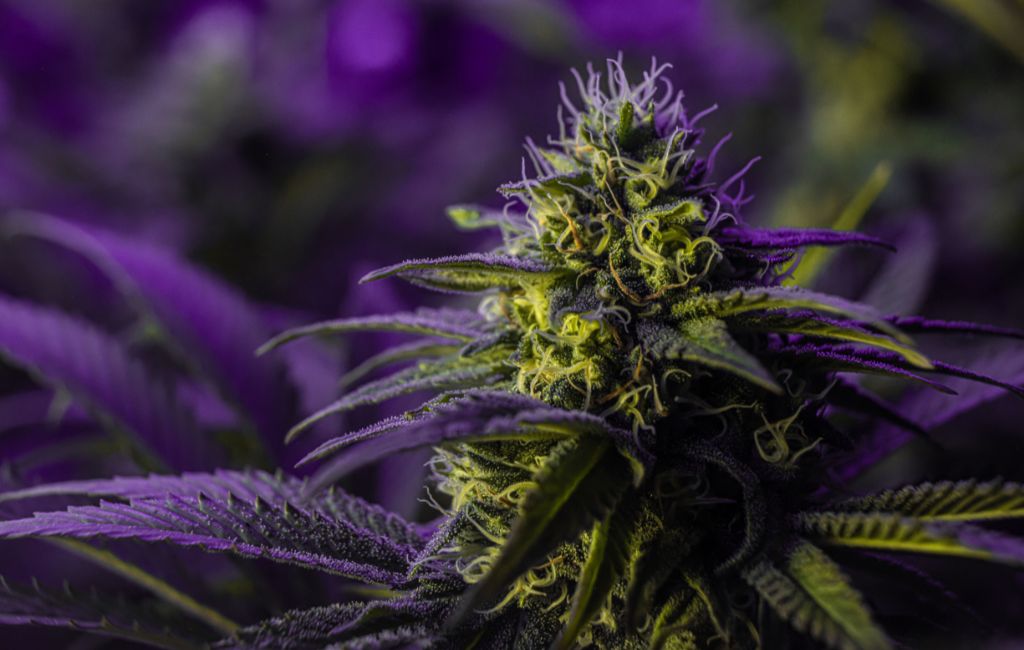Healing Potential of THCa Flower Medicine
The exploration of cannabis and its derivatives has gained significant momentum in recent years. Among the various compounds found in cannabis, THCa (tetrahydrocannabinolic acid) has emerged as a subject of interest for its potential therapeutic benefits. Unlike THC, THCa is non-psychoactive, making it an appealing option for those seeking medicinal benefits without the high. This article delves into the healing potential of THCa flower medicine, examining its properties, benefits, and real-world applications.
Understanding THCa: The Basics
THCa is a naturally occurring cannabinoid found in raw and live cannabis plants. It is the acidic precursor to THC, the compound responsible for the psychoactive effects of cannabis. When cannabis is heated through smoking, vaping, or cooking, THCa undergoes decarboxylation, converting into THC. This transformation is what typically leads to the psychoactive experience associated with cannabis consumption.
In its raw form, THCa does not produce a high, making it an attractive option for those interested in the therapeutic aspects of cannabis without the psychoactive effects. This characteristic has sparked interest in the potential health benefits of THCa, leading to increased research and anecdotal evidence supporting its use.
Potential Health Benefits of THCa
Research into the therapeutic properties of THCa is still in its early stages, but preliminary findings and anecdotal reports suggest several potential benefits:
- Anti-inflammatory Properties: THCa has shown promise in reducing inflammation, which could be beneficial for conditions such as arthritis and other inflammatory diseases.
- Neuroprotective Effects: Some studies suggest that THCa may have neuroprotective properties, potentially aiding in the treatment of neurodegenerative diseases like Alzheimer’s and Parkinson’s.
- Anti-emetic Effects: THCa may help reduce nausea and vomiting, making it a potential option for patients undergoing chemotherapy or those with chronic gastrointestinal issues.
- Antioxidant Properties: The compound’s antioxidant effects could contribute to overall health and wellness by combating oxidative stress.
Case Studies and Real-World Applications
Several case studies and anecdotal reports highlight the potential of THCa in real-world applications. For instance, some patients with chronic pain have reported relief after incorporating THCa into their treatment regimen. In one case, a patient with severe arthritis experienced a significant reduction in pain and inflammation after using THCa-rich cannabis products.
Another example involves a patient with epilepsy who found that THCa helped reduce the frequency and severity of seizures. While these cases are anecdotal, they provide a glimpse into the potential applications of THCa in managing various health conditions.
Scientific Research and Studies
Scientific research on THCa is still developing, but several studies have begun to shed light on its potential benefits. A study published in the “British Journal of Pharmacology” explored the anti-inflammatory effects of THCa, finding that it could reduce inflammation in animal models. Another study in the “Journal of Neuroimmune Pharmacology” suggested that THCa might have neuroprotective properties, offering potential benefits for neurodegenerative diseases.
While these studies are promising, more research is needed to fully understand the mechanisms and potential applications of THCa. Continued scientific exploration will be crucial in determining the efficacy and safety of THCa as a therapeutic option.
How to Use THCa Flower Medicine
For those interested in exploring THCa flower medicine, there are several methods of consumption:
- Raw Consumption: Consuming raw cannabis leaves or flowers in smoothies or salads can provide THCa without the psychoactive effects of THC.
- Tinctures and Oils: THCa tinctures and oils offer a convenient way to incorporate the compound into a daily routine.
- Topicals: THCa-infused creams and balms can be applied directly to the skin for localized relief from pain and inflammation.
When using THCa products, it is important to start with a low dose and gradually increase as needed. Consulting with a healthcare professional experienced in cannabis medicine can provide guidance on appropriate dosing and usage.
Challenges and Considerations
Despite the potential benefits, there are challenges and considerations when using THCa flower medicine. The lack of extensive research means that much of the evidence is anecdotal, and more studies are needed to confirm its efficacy and safety. Additionally, the legal status of cannabis and its derivatives varies by region, which can impact access to THCa products.
Quality control is another concern, as the cannabis industry is still largely unregulated in many areas. Ensuring that products are tested for purity and potency is crucial for safe consumption. Consumers should seek out reputable sources and products that have undergone third-party testing.
Conclusion
The healing potential of THCa flower medicine presents an exciting avenue for those seeking alternative therapeutic options. While research is still in its infancy, preliminary findings and anecdotal evidence suggest that THCa may offer benefits for inflammation, neuroprotection, nausea, and more. As scientific exploration continues, the understanding of THCa’s properties and applications will likely expand, offering new possibilities for health and wellness. For those interested in exploring THCa, consulting with knowledgeable healthcare professionals and sourcing high-quality products are key steps in harnessing its potential benefits.
